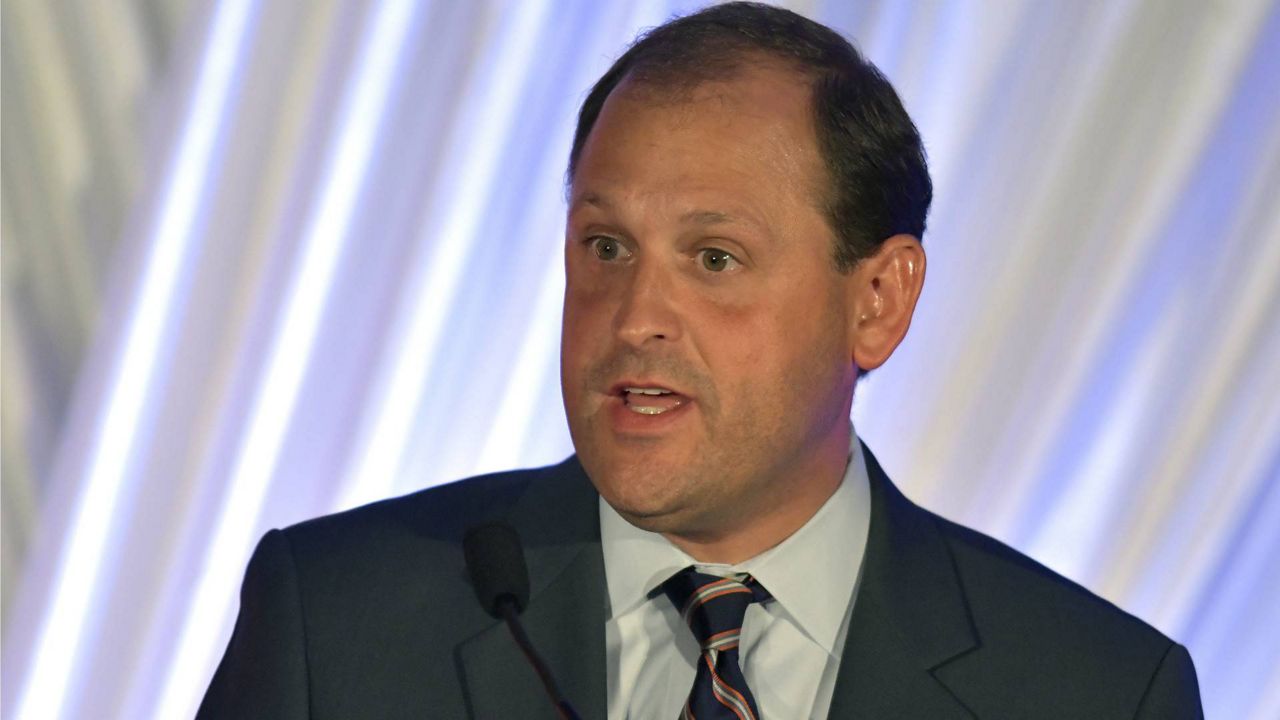LEXINGTON, Ky. – University of Kentucky Professor Robert Farley is stressing the importance of being informed about what’s happening in the Middle East.
What You Need To Know
- Dr. Farley teaches students in UK's Patterson School of Diplomacy and International Commerce
- Dr. Farley says a lot of people don't fully know or understand the historical context of tensions between Israelis and Palestinians
- Dr. Farley says people should have informed opinions without supporting the worst of their side
- Dr. Farley is working to help his students understand historical context of the tensions in the region
Dr. Farley teaches students in UK’s Patterson School of Diplomacy and International Commerce.
He says most people – even some experts willing to comment on the war—do not have a good grasp of all the history that’s led up to this point.
Dr. Farley shared a quick history lesson on the conflict between Israelis and Palestinians dating back to the turn of the 19th into the 20th century with Spectrum News 1.
Using historical context, Dr. Farley predicts the war will only get worse, and he’s advising his students and others that it’s okay to have an opinion, but that opinions should be informed.
While keeping in mind that Hamas is a terrorist organization that should not be supported, he says there is justice and injustice to acknowledge both on the Israeli and Palestinian sides.
“I would caution, and I said this in my class, just because you understand that there are two sides, does not mean that you have to embrace the very worst people on your side,” Farley said. “You can be a supporter of Palestine. There are plenty of supporters of Palestine and Palestinian statehood in Israel itself. You can be that kind of person and support Palestine without embracing the most horrific actions of Hamas. And at the same time, you can absolutely believe that Israel has a right to exist and that Israel has a right to defend itself and be very concerned about the kind of military action that Israel is going to undertake against the Gaza strip in the next few days. And, so, there’s plenty of room in this conversation for humanity. I think the problem is that people find themselves on one side and then feel like they have to commit to that side.”










